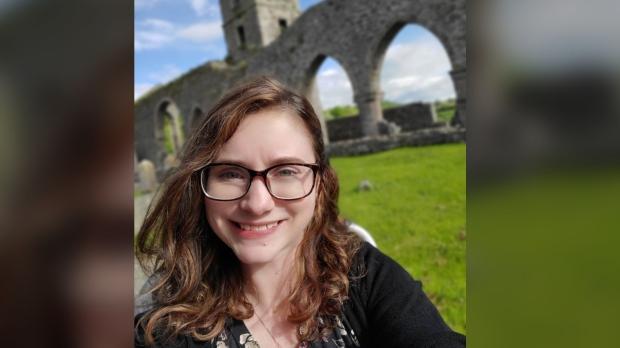Former Prime Minister Lord David Cameron has announced he will be leading the advisory council for a body that develops treatments for rare genetic diseases.
Cameron, who lost his son Ivan to a rare disease over 20 years ago, said that of all the causes he has advocated in the past, this one is “very personal.”
The Oxford-Harrington Rare Disease Centre (OHC) welcomed the former prime minister in his new role as chair of its advisory council.
The OHC is a partnership between the University of Oxford and the Harrington Discovery Institute at University Hospitals, Cleveland, Ohio, aimed at delivering cutting-edge rare disease breakthroughs.
Under Cameron’s leadership, experts aim to deliver 40 new potentially life-changing therapies for rare diseases into clinical trials over the next 10 years, the OHC said in a statement on Tuesday.
More than 400 million people globally are affected by rare diseases, with around 50 percent of cases involving children. Currently, there are approximately 7,000 known rare diseases, with new conditions being identified daily.
Rare diseases affect an estimated 30 million people in Europe, while in the United States about 10 percent of the population live with a rare disease. Most rare diseases are genetic in nature, meaning they persist throughout a person’s lifetime.
Director and chief scientific officer of the OHC, Matthew Wood, said Cameron’s leadership can help make a “meaningful difference to patients and their families.”
President and co-founder of Harrington Discovery Institute, Dr. Jonathan S. Stamler, welcomed Cameron’s appointment and said that the OHC needs access at the highest levels to deliver new treatments.
According to the OHC, only 5 percent of rare diseases have a treatment approved by the U.S. Food and Drug Administration. Similar estimates have been made for treatments approved by the European Medicine Agency.
Ambitious Project
Eight out of 10 rare diseases have a genetic cause and are often chronic and life-threatening. It takes four years on average to receive an accurate diagnosis of a rare disease.During his term as prime minister, Cameron launched the 100,000 Genomes Project in 2012. It aimed to provide timely clinical diagnoses and treatments and speed up the uptake of genomic medicine in the NHS.
Within six years, just over 50,000 whole genomes had been sequenced as part of the project.
Speaking about his involvement in the project, Cameron said that establishing a world-leading database with hundreds of thousands of genomes was “one of my proudest achievements as prime minister.”
“As a father I know all too well the impact of rare diseases. We miss our son Ivan every day – all these years on our loss is still so raw. But the steps we are taking now means that, in the not-too-distant future, families like ours will have hope. It is vital that we try to give it to them,” Cameron said in a statement.
Cameron’s son had a condition known as Ohtahara syndrome, a rare form of epilepsy characterised by seizures and developmental delays that usually occur within the first three months of life.
“That mission sounds ambitious, but Britain is the right place to be ambitious,” said Cameron.
Cameron will be joining Baroness Nicola Blackwood on the OHC advisory council, following her appointment in September.
Chair of both Genomics England and Oxford University Innovation, Blackwood is also a board member of the biotechnology company BioNTech.







